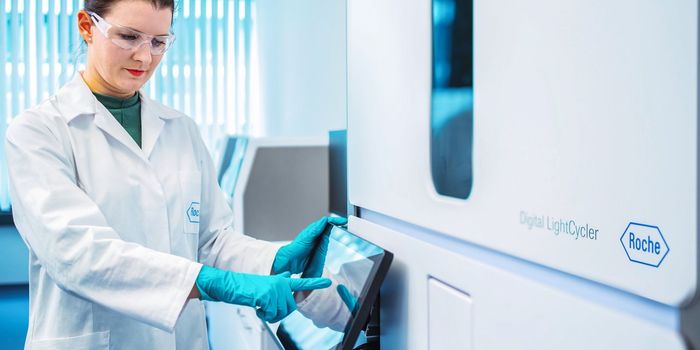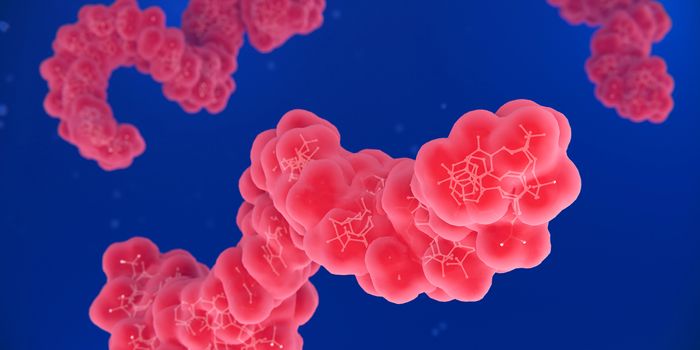Using CRISPR to Edit the Genomes of Microbes in the Gut
The gene editing tool CRISPR was originally inspired by an immune defense system used by bacteria, and it's been adapted by scientists to be an editor that can alter the genomes of many different species. Now, it's been applied to an organism that exists inside of another. May animals, including humans carry a huge community of microbes in our gastrointestinal tracts, and scientists have been learning that this microbiome can have a significant influence on various aspects of health. The human microbiome has been linked to many disorders, and modifying it could be a way to treat disease. Scientists have now brought CRISPR to the microbiome, and edited the genome of gut microbes called Escherichia coli that were living in the gastrointestinal tracts of mice. The work has been published in Cell Reports.
“We’ve demonstrated the first stable gene edit within the gut microbiome of a mammal,” said Peter Turnbaugh, PhD, a Professor of Microbiology and Immunology at the University of California San Francisco (UCSF). “This is the starting point for trying to engineer bacteria within the gut.”
There are a few ways to alter the microbiome, usually in broad strokes. Antibiotics, for example, can kill off huge swaths of the microbiome, but they do so indiscriminately, and we need beneficial microbes or nasty ones can get a foothold. Sometimes, an antibiotic treatment can lead to a disrupted microbiome and poor health for just that reason. Fecal transplants have been used to treat that problem, but the treatment is not applied in many cases, and doesn't always work. Diet can also change the microbiome, but that may have a slow effect, which may also be small.
Scientists can now tinker with the genomes of gut bacteria to assess how those changes impact the microbiome and health of a host. This could help reveal the bacteria that might have a detrimental or therapeutic effect on various intestinal diseases.
“Being able to alter the DNA of microbes already in the gut can allow us to study the microbiome in a more controlled way than we’ve been able to before,” said Turnbaugh. “It really gives us a chance to ask important questions about health and disease.” This technique could help create microbiome treatments that work in a more precise way.
Though E. coli is usually associated with food poisoning, not all strains are dangerous, and they are commonly used in the research lab. In this study, the researchers used a virus called M13 to infect a specific strain of E. coli in the guts of mice, using the CRISPR-Cas9 gene editor. They specifically targeted one strain of E. coli, aiming to remove large portions of its genome. This approach caused the strain to be eliminated from the microbiomes of the mice; only one percent of the original level still remained after only two weeks.
Turnbaugh is hopeful that eventually, this method could encourage the growth of beneficial microbes, and reduce harmful ones, in people.
“The dream is that you could just choose which specific strains in your gut, or even just individual genes you want to promote or take out,” Turnbaugh said. “We’re really excited about how far we were able to push this in E. coli. Hopefully it will lead to similar tools for other members of the gut microbiota.”
Sources: UCSF, Cell Reports









